In a tragic incident that has sent shockwaves through Iran, President Ebrahim Raisi and Foreign Minister Hossein Amir-Abdollahian were confirmed dead following a helicopter crash in the Zolfa area of East Azerbaijan Province. The crash, which occurred on Sunday, also claimed the lives of other high-ranking officials, including the Governor of East Azerbaijan, who were on board.
Hossein Amir-Abdollahian, aged 60, had been serving as Iran's Foreign Minister since 2021, following President Raisi's election. His tenure was marked by increased Western sanctions, primarily led by the United States, as Iran's tensions with Israel and its controversial nuclear program drew global scrutiny. Despite these pressures, Abdollahian maintained a strong foreign policy stance, fostering closer ties with key allies like China and Russia.
Known for his staunch support of Iran's Revolutionary Guards, Abdollahian was a prominent figure in Middle Eastern diplomacy. He played a critical role in reinforcing Iran's position against Israel, especially during the recent Gaza conflict. His active engagement included numerous visits to Middle Eastern countries, where he met with leaders from Hamas, Türkiye, and Iraq. His diplomatic efforts were pivotal in strengthening Iran's alliances and asserting its influence in the region.
Under his leadership, Iran saw a significant normalization of relations with Saudi Arabia in 2023, ending a long-standing hostility. He also managed to ease tensions with the ruling Taliban in Afghanistan and played a crucial role in de-escalating conflicts with Pakistan.
Abdollahian's death is a substantial loss for Iran, depriving the country of a skilled diplomat who adeptly navigated complex international relations. His contributions to Iranian diplomacy and his efforts in reinforcing the leadership of Supreme Leader Ayatollah Ali Khamenei and President Raisi have left an indelible mark on the nation's foreign policy.
The tragic loss of President Raisi and Foreign Minister Abdollahian raises immediate questions about Iran's political future. According to Iran's constitution, the current First Vice President Mohammad Mokhbar will assume the presidential duties, pending the approval of Supreme Leader Ayatollah Ali Khamenei. A new presidential election must be held within 50 days to elect Raisi's successor.
As Iran mourns the loss of its leaders, the international community watches closely, anticipating the potential impacts on regional stability and global diplomacy.



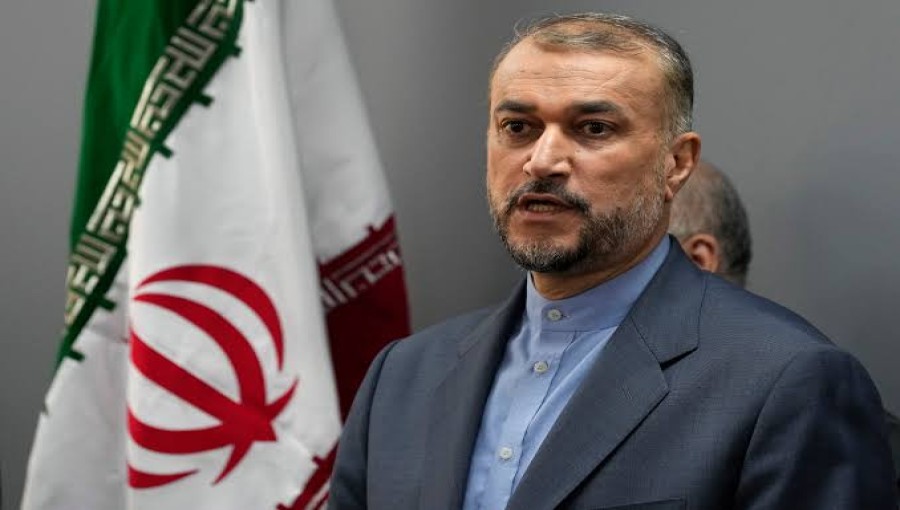






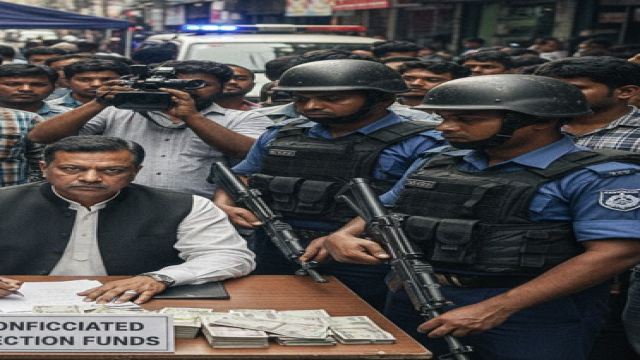
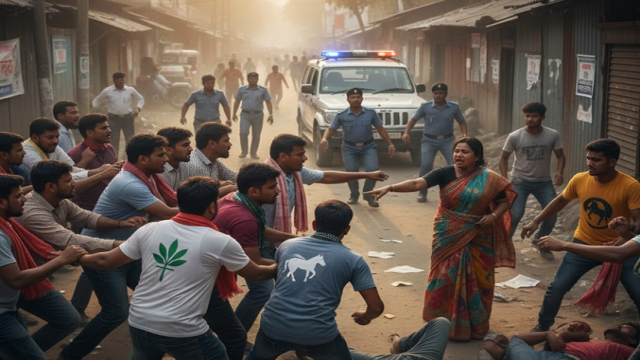
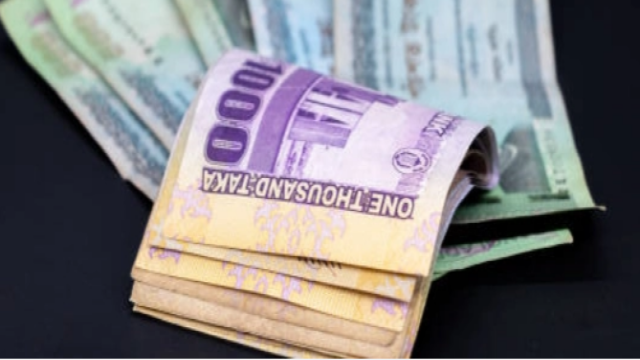
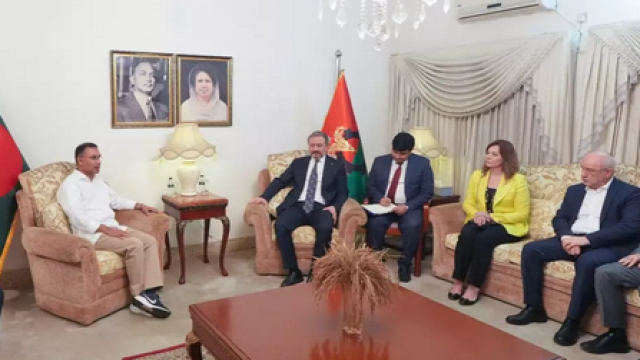
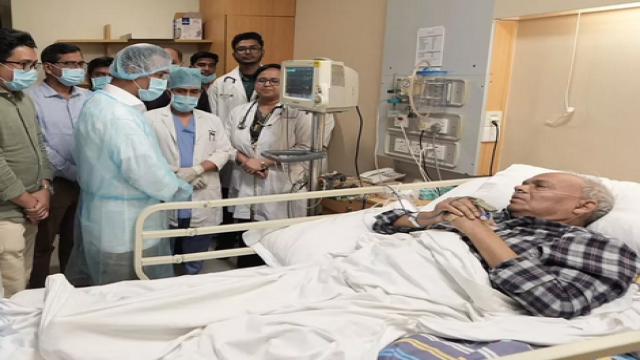
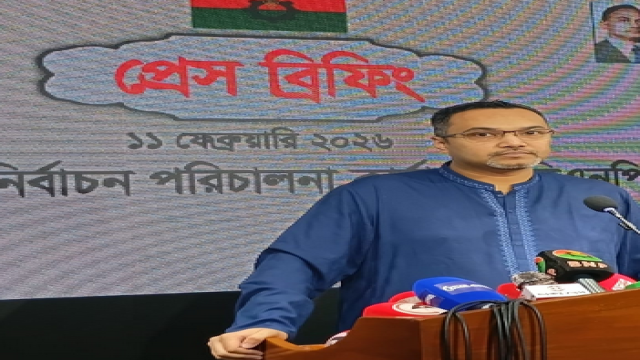
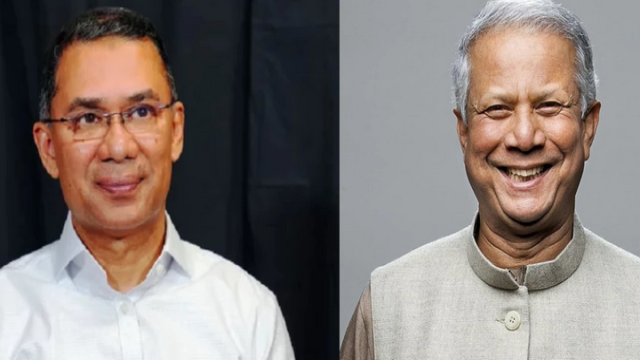
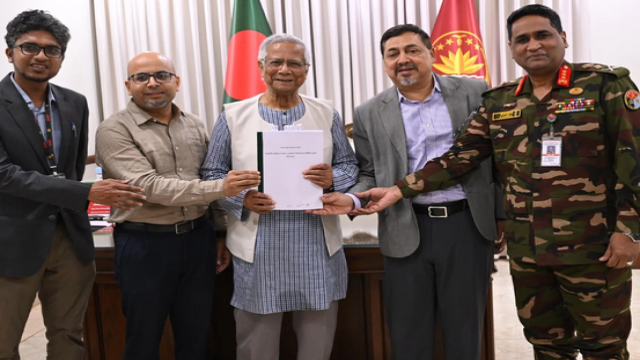
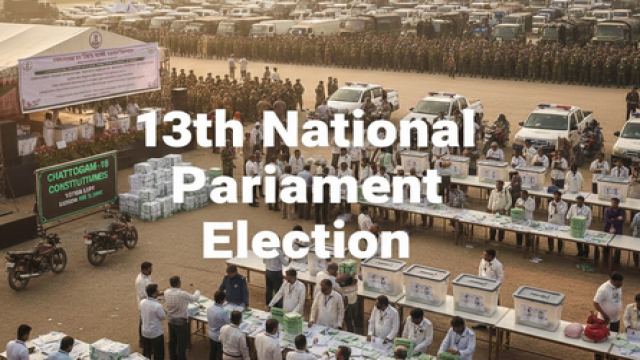
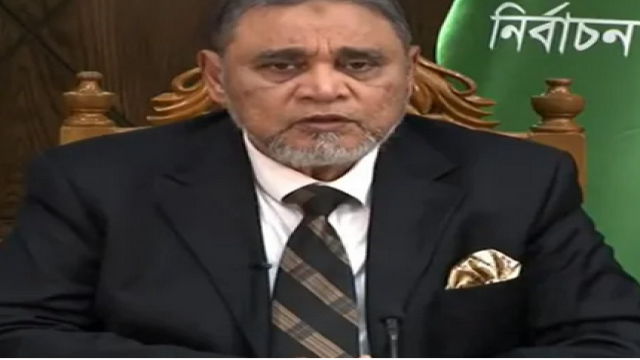











Comment: